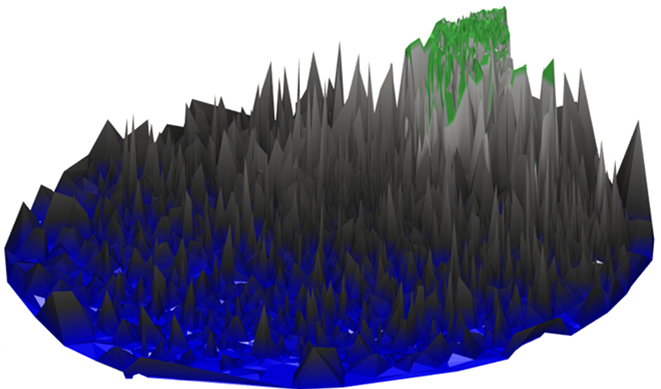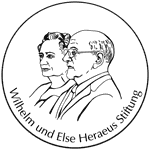
619. Wilhelm und Else Heraeus-Seminar
Quantum Speed Limits
Physikzentrum Bad Honnef,
June 8 - 10, 2016

List of confirmed speakers and prelimanary titles
Fundamental aspects
- Adolfo Del Campo: Quantum speed limits: from foundations to applications
- Norman Margolus: The maximum average rate of quantum and classical state change
- Lorenzo Maccone: Quantum speed limit of parallel processes
- Birgitta Whaley: Generalized quantum speed limits from the minimal distinguishability time
Quantum optimal control
- Christiane Koch: Quantum optimal control as a tool to identify the quantum speed limit
- Shai Machnes: Optimizing for shortest time at high accuracy with GOAT
- Herschel Rabitz: Theoretical and Experimental Aspects of Controlled Quantum Dynamics
- Gerhard Hegerfeldt: Time-optimal driving for linear and nonlinear two-level systems
Open quantum systems
- Raam Uzdin: State-independent speed limits for lossy systems and for Markovian open quantum systems
- Eric Lutz: Quantum speed limits for closed and open systems
- Susana Huelga: Speed limits in open quantum systems and fundamental metrological bounds
Many-body systems
- Sophie Schirmer: Limits on information transfer speeds in spin networks
- Simone Montangero: Quantum speed limit for many body systems
- Rosario Fazio: Many-body systems at the speed limit
Experiments (two sessions)
- Joerg Schmiedmayer: optimal control for fast manipulation of one dimensional superfluids
- Francesco Cataliotti: Atom-Chip for Quantum Control
- Ferdinand Schmidt-Kaler: Quantum and classical operations on internal and external degrees of freedom of trapped ions at the speed limits
- Oliver Morsch: Super-robust and super-adiabatic? Investigating transitionless driving protocols
- Fedor Jelezko: Quantum control of single spins in diamonds
Special evening talk
- Jacob Sherson: Quantum games: human-computer hybrid optimization
Other participants
The diverse approaches to the Quantum Speed Limit are covered by the 19 invited speakers. In addition to this up to 50 PhD students and young postdoctoral researchers will be allowed to participate bringing the total number of participants up to maximally 75.
